Balancing independence as your child gets older
While parents tend to be more involved in their child’s learning in Primary school, it’s important to also strike a balance between fostering independence and providing support and guidance as your child enters secondary school.
When our students reach Year 7, we encourage parents to take a little step back for their children to gain independence and take responsibility for their learning. While some parents may find it difficult to transition between having daily learning updates on Seesaw to weekly updates from the school, we assure you that your child is ready to start taking ownership and we provide them with everything they need to develop these skills. Of course, parent involvement here is still important! While there may be fewer opportunities for you to get involved IN the classroom, the key here is communication! Keep conversations going at home with your child about their day. We understand that pre-teens and teens may simply respond with a grunt or a reluctant “fine” when you ask them how their day was, so here’s some questions you can ask to hopefully get that conversation flowing.
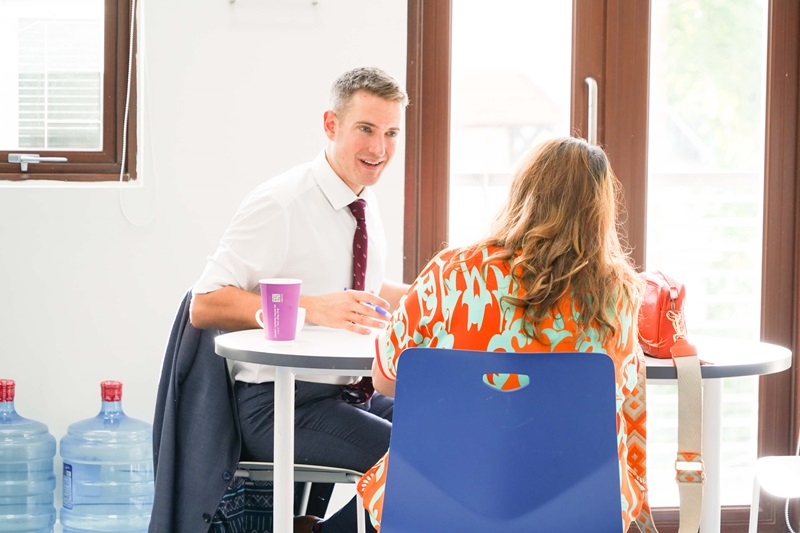
It’s also important to keep communication with us too, do your best to attend our parent-teacher-student conferences (PTSCs), and read the Head’s weekly update and emails from your child’s form tutors and heads of year when you have a spare moment. Draw from these and use this information to ask relevant questions.
What are the benefits of parental involvement?
Improved academic achievement and social-emotional development
A 2019 meta-analysis of 448 independent studies on parental involvement by the American Psychological Association (APA) found a significant relationship between parental engagement and student achievement. Parents who are actively involved in their child’s education from a young age, raise children that have more academic success in their future.
But it’s not just academics, the APA study showed that parental engagement also had a positive impact on their child’s social and emotional skills. This is backed by a 2014 International Education Studies report on students in Jordan. Children whose parents were more involved, were more likely to be confident and enjoy learning.
Improved wellbeing
Henderson and Mapp (2002) share the importance of a collaborative environment between families and schools. This shared responsibility for their child’s progress increases a sense of belonging for the whole family, strengthens the school community and improves wellbeing.
How parents get involved at BIS HCMC:
At BIS HCMC in this term alone, we’ve held countless workshops, performances, activities and lessons where parents were invited to show up and get stuck in!
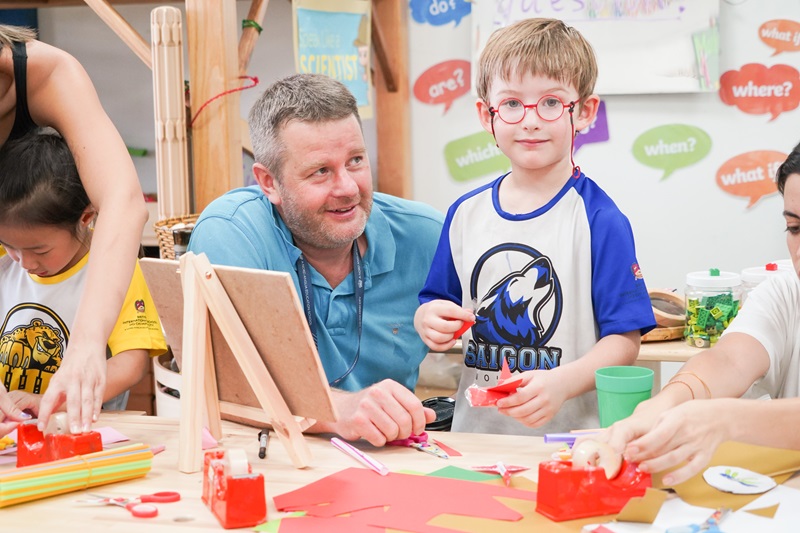


/chantal-author/selected-photo-(8).jpg?h=2122&iar=0&w=2122&rev=502bc73289a74a0684eddcbc18675d51&hash=CB3084D6B73F331A4C6EE83B00272DB3)
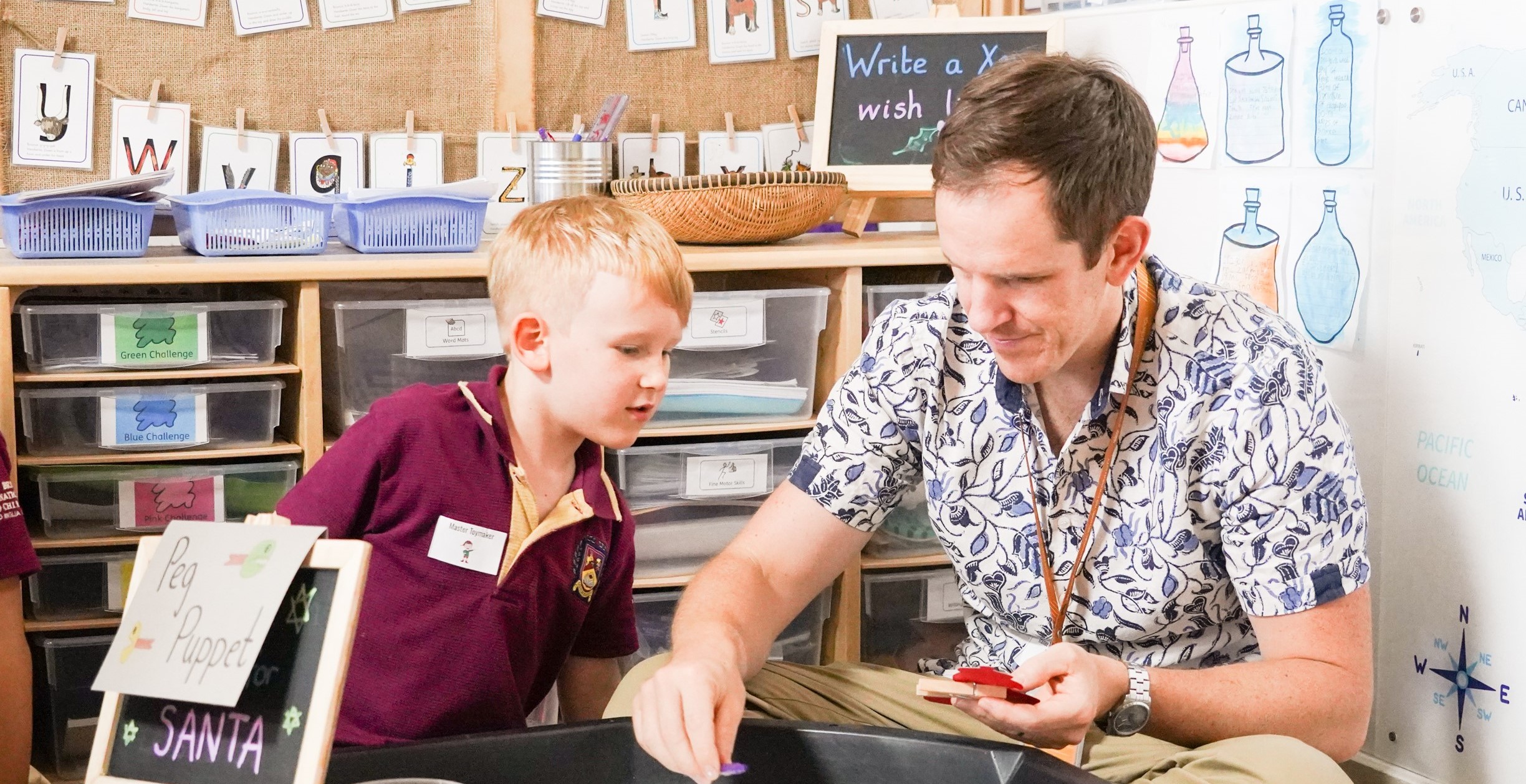
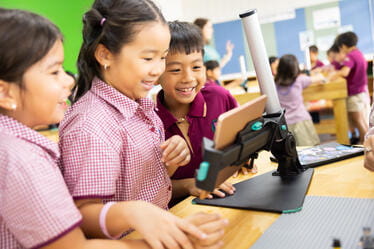
.jpg?rev=b342169414574e5ebc8d33bbb8477a66&hash=649DC68185C83A3C8CDE13FC296F3109)

.jpg?rev=13bd9df194fd4f819c8667e902daf70e&hash=4618E774A5EF29511068AAA739DE56BD)
.jpg?rev=964e4ac136b8409d921b74f40e81dc28&hash=D52299E3D50796888A2E1C69345AAAB5)



.jpg?h=533&w=800&rev=4c5a455f0dae4296841d36278dc95a46&hash=BCB8D308FEB2351744AE08786AB20A69)









.jpg?rev=667e22af17114359a1f78c016b9f57ac&hash=967904D44AE3B4B4DCD748F9DE70F40F)
.jpg?rev=b57c730a818c4b49920cd4255ead7a89&hash=7303A59BFBE4DAF9BCEACF9CAA0EB894)


.jpg?rev=2f67313d4986417da55e492c9033563c&hash=48BFD5BB6834621DCA5B97D3C71A7BA3)


.jpg?rev=ef0de1b9d8e642fb80728ea12dc47ad8&hash=98CCED27D252407D8AAFAF45C54959EE)
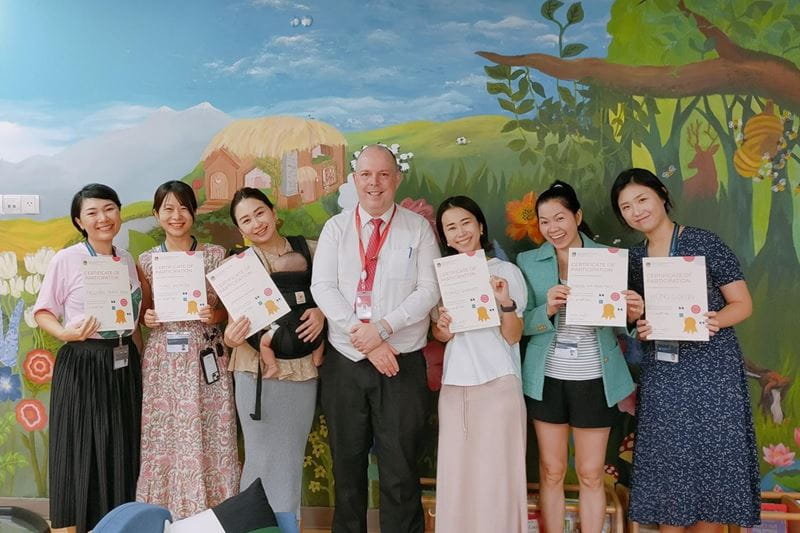
.jpg?h=4345&iar=0&w=7725&rev=1e8f5b07dd574af8adf9e056721addc6&hash=211519D79896A70B1F6DC238A0E46000)
/q0a0640-211zon.jpg?h=4285&iar=0&w=7617&rev=3167b36b91eb4ea0bd782aab9e848596&hash=1BE5C6643CA26A16E36FCDA3310AB257)
.png?h=1313&iar=0&w=2363&rev=5d5387e1c1d249e49bd5853b18e52bb6&hash=09BA9C31C44D628DE026C1099CF52C48)